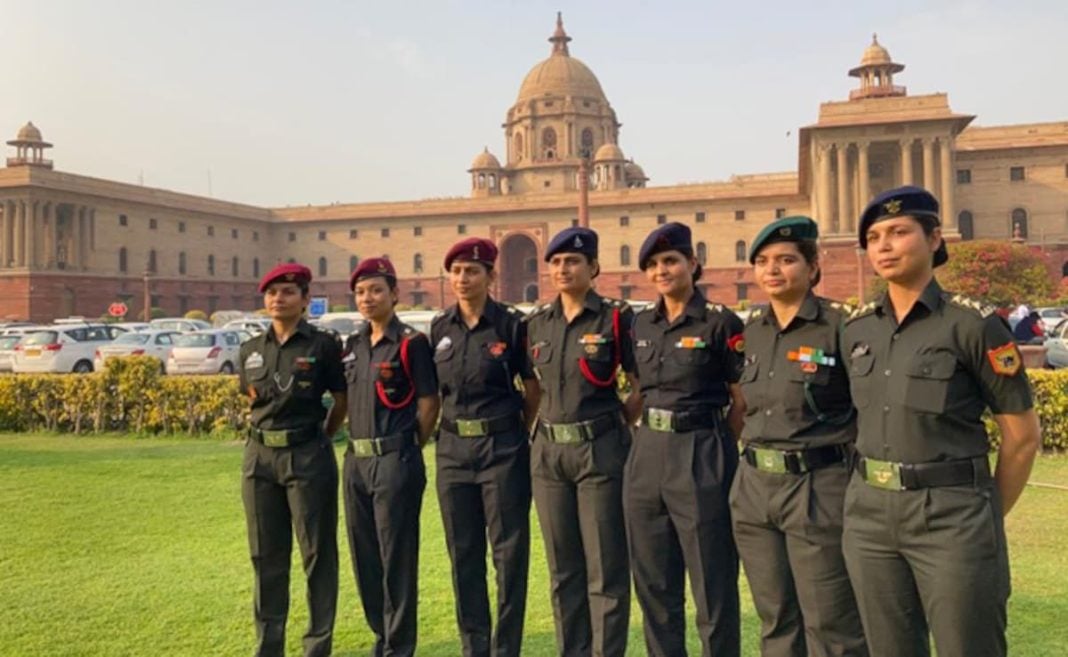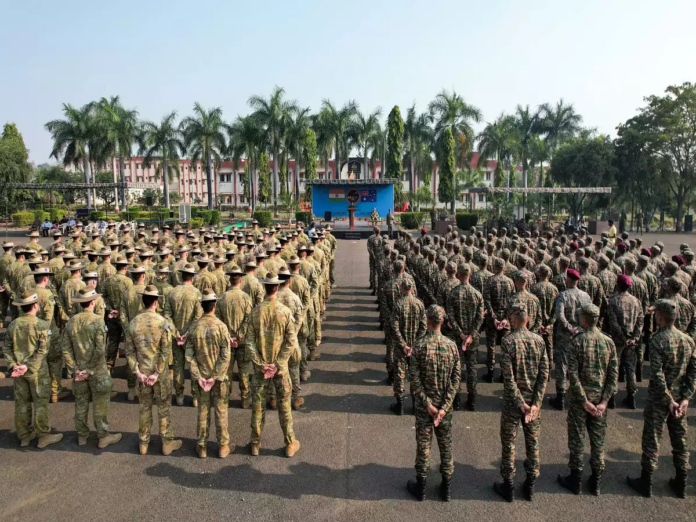In a controversial development, Lieutenant General Rajeev Puri, the former commander of the Mountain Strike Corps, has raised “serious concerns” about the leadership abilities of eight women Colonels serving in the Indian Army. In a detailed letter addressed to Lieutenant General RC Tiwari, the chief of the Eastern Command, Puri outlined issues related to what he termed as “mundane ego issues” and a “lack of empathy” displayed by these officers.

Critical Observations Made By Lt Gen Puri
The letter has reportedly pointed out that women officers in command positions often exhibit a “lack of tact and understanding.” General Puri expressed his concerns regarding an “exaggerated tendency to complain,” adding that these attributes hinder their effectiveness as leaders. He further stated that their inability to address situations calmly stems from inadequate training for commanding positions, which makes them less suited for such roles.
His remarks are particularly striking as they come at a time when the Indian Army is pushing to integrate more women into leadership roles, marking a significant shift in gender inclusivity.
The Debate On Training And Preparedness
Puri’s comments have reignited debates about whether women officers receive the same level of rigorous training and exposure to challenges as their male counterparts. He implied that a comprehensive revamp of training modules could address these perceived shortcomings.
“Leadership in the military is not merely about tactical prowess but requires emotional intelligence, a calm demeanor, and the ability to inspire subordinates. While some women officers excel, there is an evident gap in the preparedness of many others,” he reportedly stated in his letter.
Gender Inclusivity In The Army
The Indian Army has been actively working toward creating an inclusive environment, giving women permanent commissions and allowing them to command units in various branches. The move has been seen as a progressive step forward, with women officers taking charge in traditionally male-dominated roles.
However, Lt Gen Puri’s remarks have cast a shadow on these advancements, bringing into question the readiness of the Army to handle gender diversity effectively.
Reactions Within The Armed Forces
While the Army has not officially commented on the contents of the letter, insiders suggest that it has triggered a serious internal discussion. Several women officers have expressed discontent over the sweeping generalizations made in the letter.
A senior woman officer remarked, “The challenges faced by women in the military stem from systemic bias rather than individual shortcomings. Criticizing us without addressing these structural barriers is unfair.”
On the other hand, some senior officers believe Puri’s observations are not entirely unfounded and could serve as a constructive critique for improving the leadership training for women officers.

Public Response And Social Media Debate
The issue has sparked a heated debate on social media, with opinions divided over the legitimacy of Lt Gen Puri’s comments.
Supporters of gender equality have condemned the remarks, stating that such criticism reflects an outdated mindset resistant to change. “How can women prove their capabilities if they aren’t given the right opportunities and support?” a social media user questioned.
Conversely, others argue that leadership in the military requires a level of rigor and experience that cannot be compromised, regardless of gender.

The Path Forward
As the Indian Army continues its journey toward inclusivity, the feedback provided by senior officers like Lt Gen Puri could play a pivotal role in shaping future policies. Experts suggest that rather than focusing solely on the criticisms, the Army should view this as an opportunity to address gaps in its training and mentorship programs.
The controversy surrounding this letter underscores the growing pains of a military institution striving to adapt to changing times. Whether these debates will result in meaningful changes or further divisions remains to be seen.

